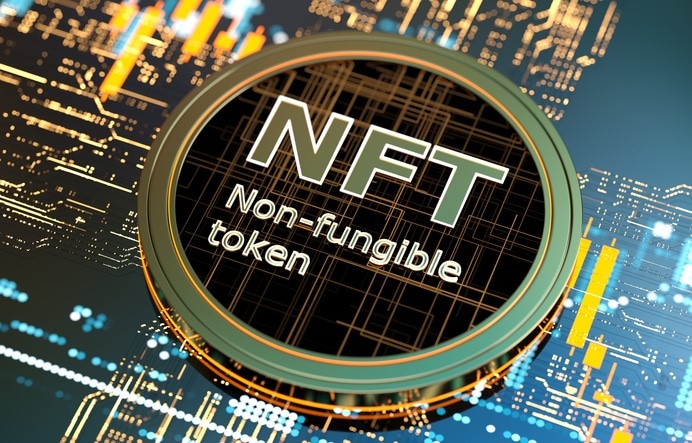South Korean university students increasingly invest in crypto assets, including Bitcoin (BTC), with 40% reportedly investing in tokens and international stocks.
Korea Investment and Securities, an investment banking and brokerage service provider, conducted a survey, as reported by Delighti.
Between June 11 and June 22, researchers interviewed more than 400 South Korean university students for this survey.
South Korean University Students Becoming Crypto-keen?
The researchers discovered that 72% of the respondents reported investing in overseas equities, with the majority indicating that they had acquired shares in New York Stock Exchange-listed companies.
Additionally, 89% of this group expressed their intention to increase their NYSE portfolios immediately.
Additionally, 87% of respondents indicated that they “had plans to [do so] in the next 12 months,” which suggests that even those who do not possess NYSE portfolios are interested in purchasing US shares.
Forty percent of respondents indicated that they were investing in both equities and crypto assets.
The “high expected rate of return” of tokens was the primary reason for over half of this group to select crypto.
In the future, coins are anticipated to have a “high value,” according to one in five respondents.
Only a tiny percentage of respondents reported investing in other Asian stock markets, with 5% investing in Japan and 3% in China.
According to the survey, young South Koreans have low confidence in the domestic stock market.
One of the primary factors they cited for investing in foreign stocks was that overseas firms have “relatively low volatility and stability compared to South Korean stocks.”
The media outlet observed that a more significant number of college students than ever before are now investing their money.
Some Students Go into Debt to Buy Coins
Additionally, students are making more substantial investments. Two years ago, Korea Investment and Securities conducted a comparable investigation.
Next, just over 18% of respondents reported initiating their investment activities at least three years prior. Since that time, the percentage has increased to 54%.
Most respondents reported that they had invested over $3,590, while 40% reported that they had invested over $7,180.
Some individuals (approximately 17%) reported having taken on debt to purchase equities and cryptocurrency.
Additionally, students reported that they had invested in financial products, including exchange-traded funds (ETFs), funds, bonds, and principal-guaranteed assets.
The survey underscores the need for more confidence many young South Koreans have in systems such as the domestic stock market, savings accounts, and the pension service.
In April, a survey of individuals aged 20-39 in South Korea revealed that over seventy-five percent of this demographic “do not trust” state-issued pensions.
Instead, more than 52% of respondents reported investing in “stocks, bonds, funds, and cryptoassets.”



